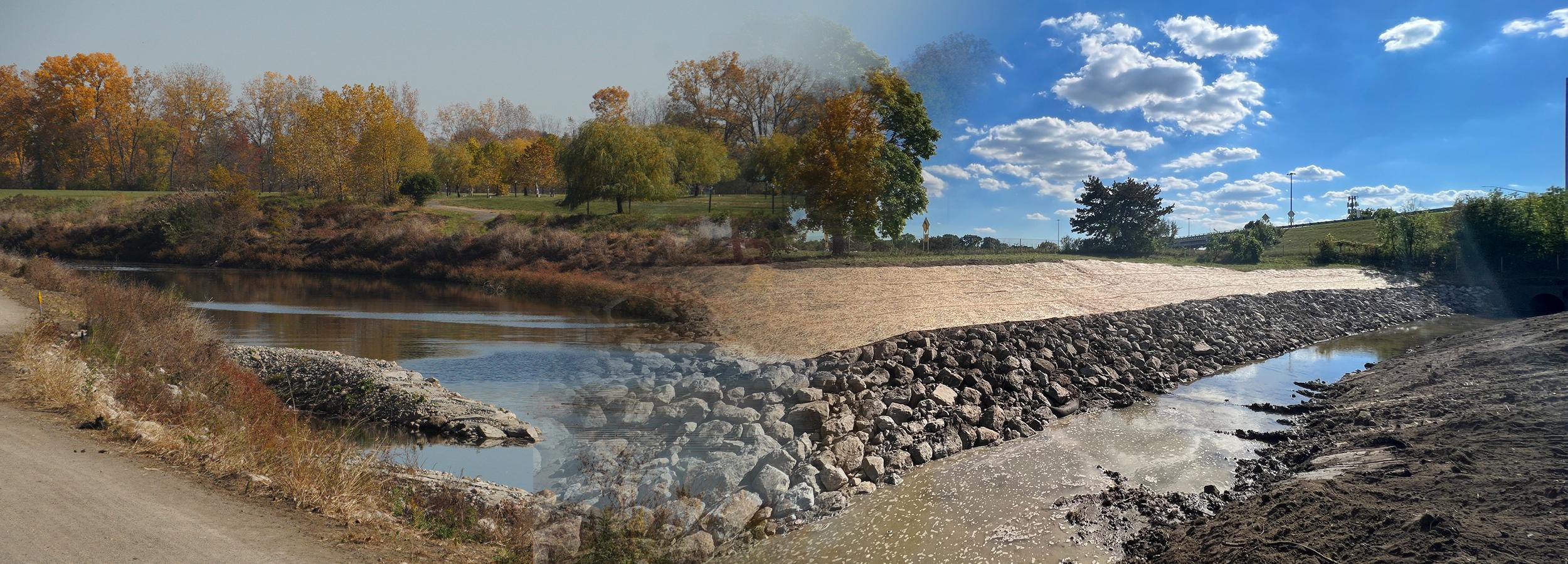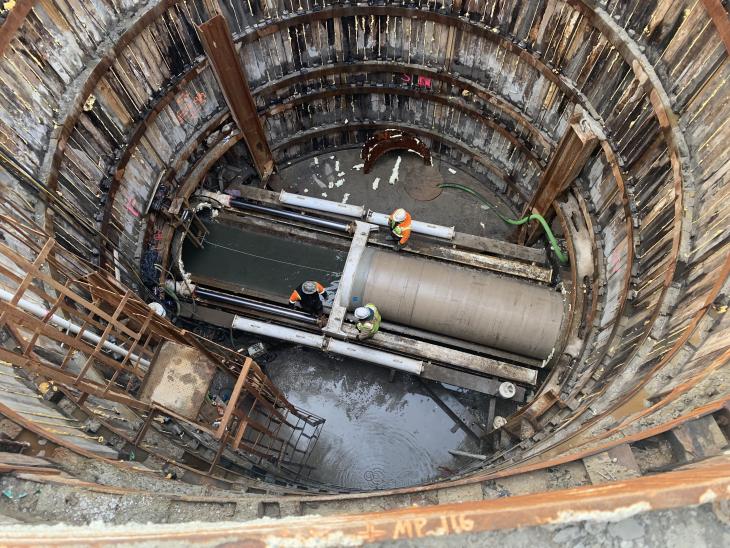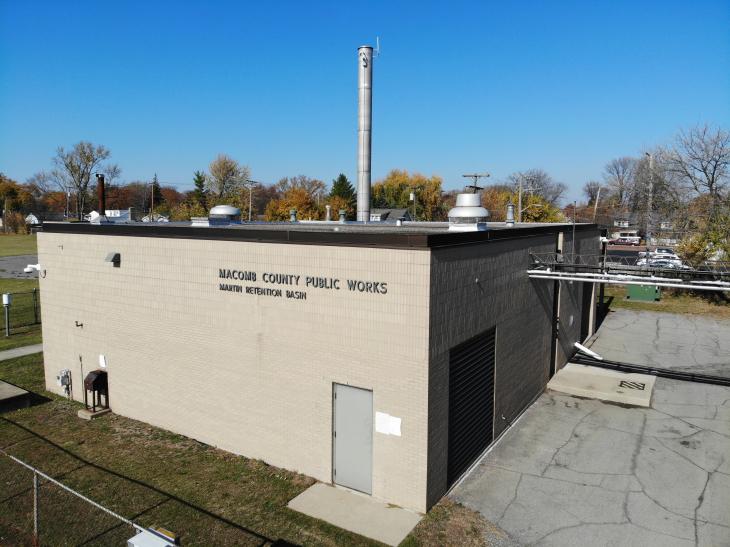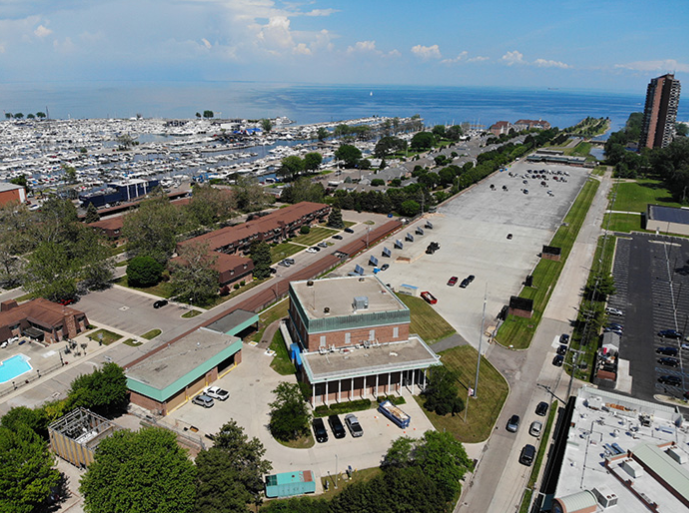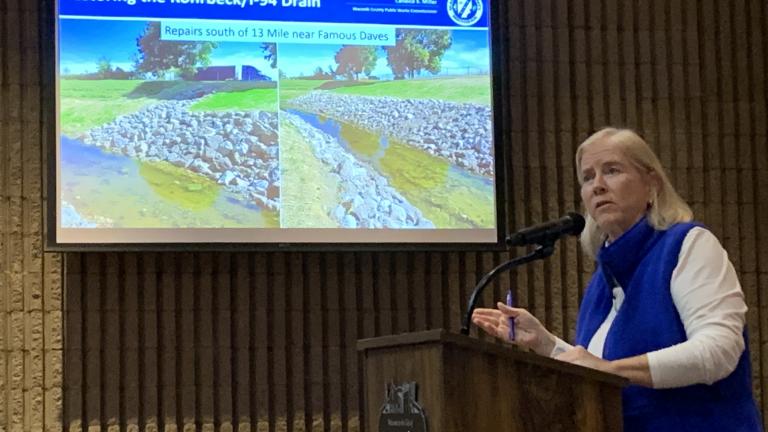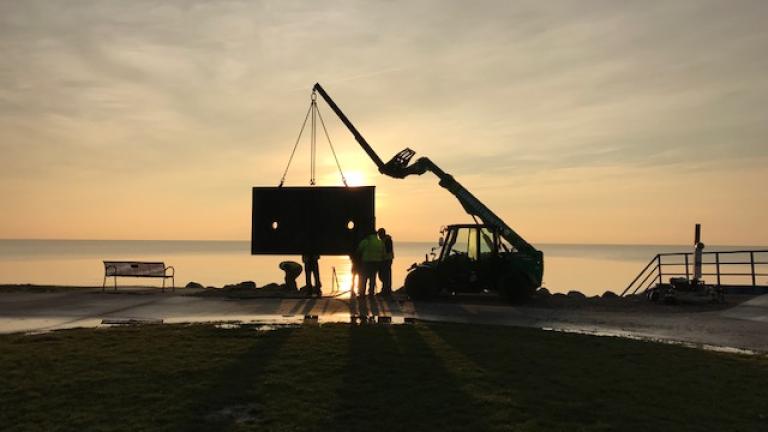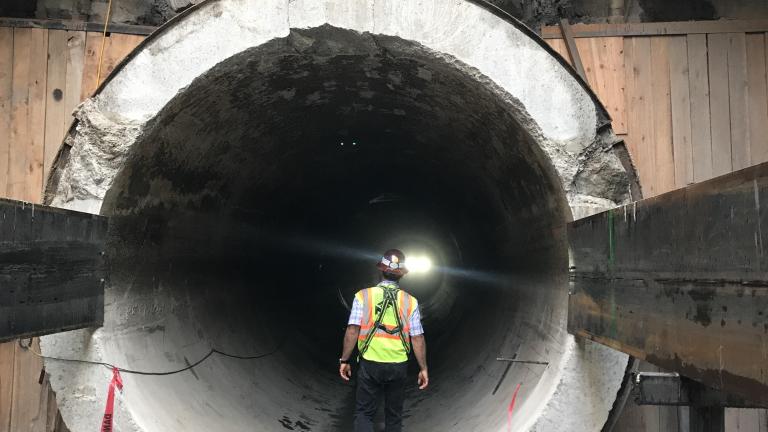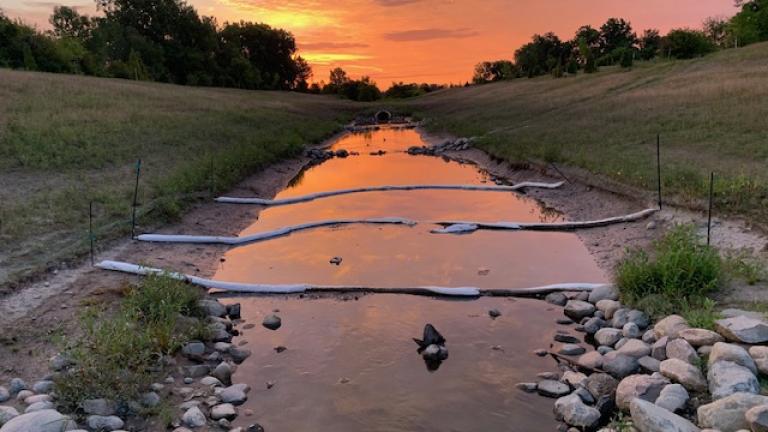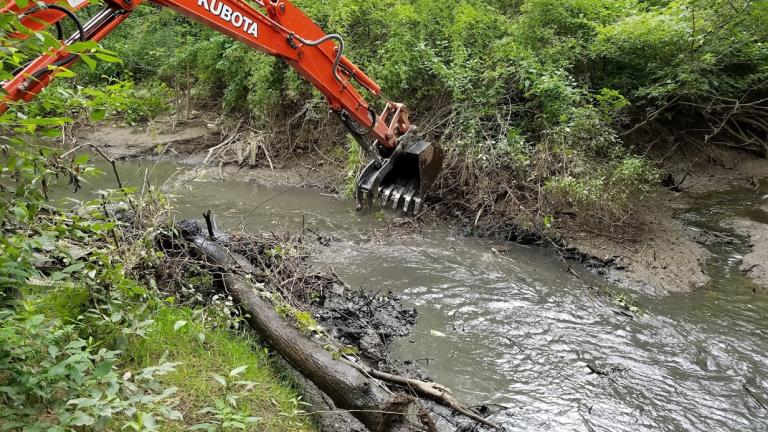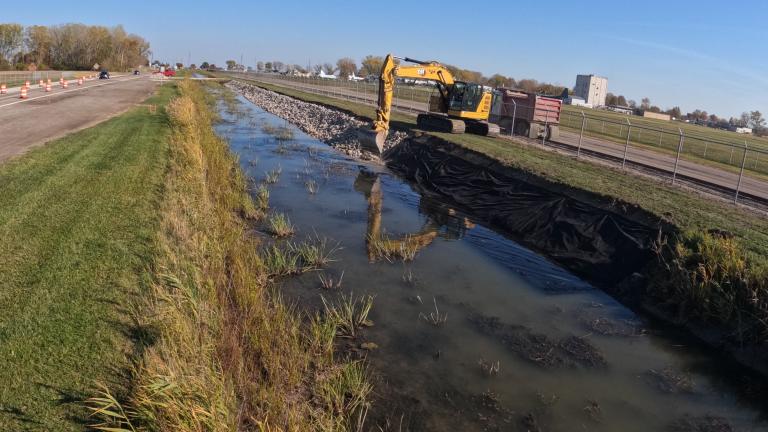
Public Works Commissioner
Macomb County Public Works Commissioner
2017 - present
The Macomb County Public Works Office has three goals:
- Improve water quality
- Improve the quality of life for our residents
- Serve as a critical component of economic development in our community
The MCPWO administers 475 county drains that prevent flooding in our communities. Some of these drains are open streams or creeks, while others are massive underground structures that carry storm water away from neighborhoods and businesses. Given our responsibility for these waterways, we are actively engaged in numerous initiatives to enhance the overall water quality in our lakes and rivers, most notably the Clinton River and Lake St. Clair. In addition, we operate 68 miles of sanitary sewer lines which transport waste from more than 800,000 residents and businesses to the Great Lakes Water Authority (GLWA) Water Resource Recovery Facility (WRRF) for proper treatment.
The Public Works office can be grouped into four basic categories:
Wastewater services
The Office of Public Works oversees three multi-community systems that collect sanitary sewage and deliver it to the Great Lakes Water Authority wastewater treatment plant in Detroit. The three systems – the Macomb Interceptor Drain Drainage District, the Martin Drain Drainage System and the 8 ½ Mile Relief Drain Drainage District – serving over 800,000 residents and businesses in 14 Macomb County communities. Following the completion of repairs on the 15 Mile Sewer Collapse in the MIDD system, a plan of preventive maintenance actions for the system was developed. A number of manholes and drop shafts in the system will be rebuilt or replaced to help ensure the efficient operation of the system. A portion of the MIDD system also will receive a new pipe liner to extend the life of the pipe. This department is leading the effort of our master planning process, which will foster long-term economic viability in our communities.
Administration, finances and education
Charged with the day-to-day operations of the MCPWO, this department reviews budgets, coordinates the meetings of various drain boards and maintains high levels of customer service throughout the office. As part of an ongoing review of all contracts and agreements in place at the MCPWO, the department oversaw the re-financing of an existing bond for sewer operations in Lenox Township. Through a re-financing arrangement, the MCPWO will save Lenox Township sewer customers almost $750,000 over a 13-year period. This department is overseen by Commissioner Miller’s Chief Deputy, Brian Baker.
Engineering, plan review, soil erosion and inspections
The office restructured the review process for building plans, streamlining the process and reducing waiting times for developers. The office has improved its operations to give contractors, governmental agencies and other organizations a single point of contact for all initial inquiries. In 2022, this department published the first comprehensive overall review of policies, procedures and fees in more than a decade. This review allows for more streamlined operations for developers while still ensuring all environmental and drainage laws are followed. To facilitate the proper operations of our open drains, this department conducts more than 13,000 soil erosion inspections every year. This department also is leading an effort with other southeast Michigan counties and communities to standardize procedures to the extent possible to further spur economic development in our community and across the region.
Drain maintenance
The Public Works Office manages 475 drains in the County. About half of these are open drains – some appearing as small creeks or streams, others are ditches that only fill after a rainfall. The other half are enclosed drains — underground pipes generally found in older communities. All of these storm drains transfer water that eventually reaches Lake St. Clair. The Public Works Office has launched a new drain maintenance program to remove logjams, trash and other debris from the open drains, in order to allow water flow to move without hindrance. This effort reduces soil erosion and reduces the risk of flooding. In the enclosed drains, inspection and testing efforts are ensuring the integrity of the pipes and making certain that sanitary sewage is not entering the drain and ultimately ending up in Lake St. Clair.







